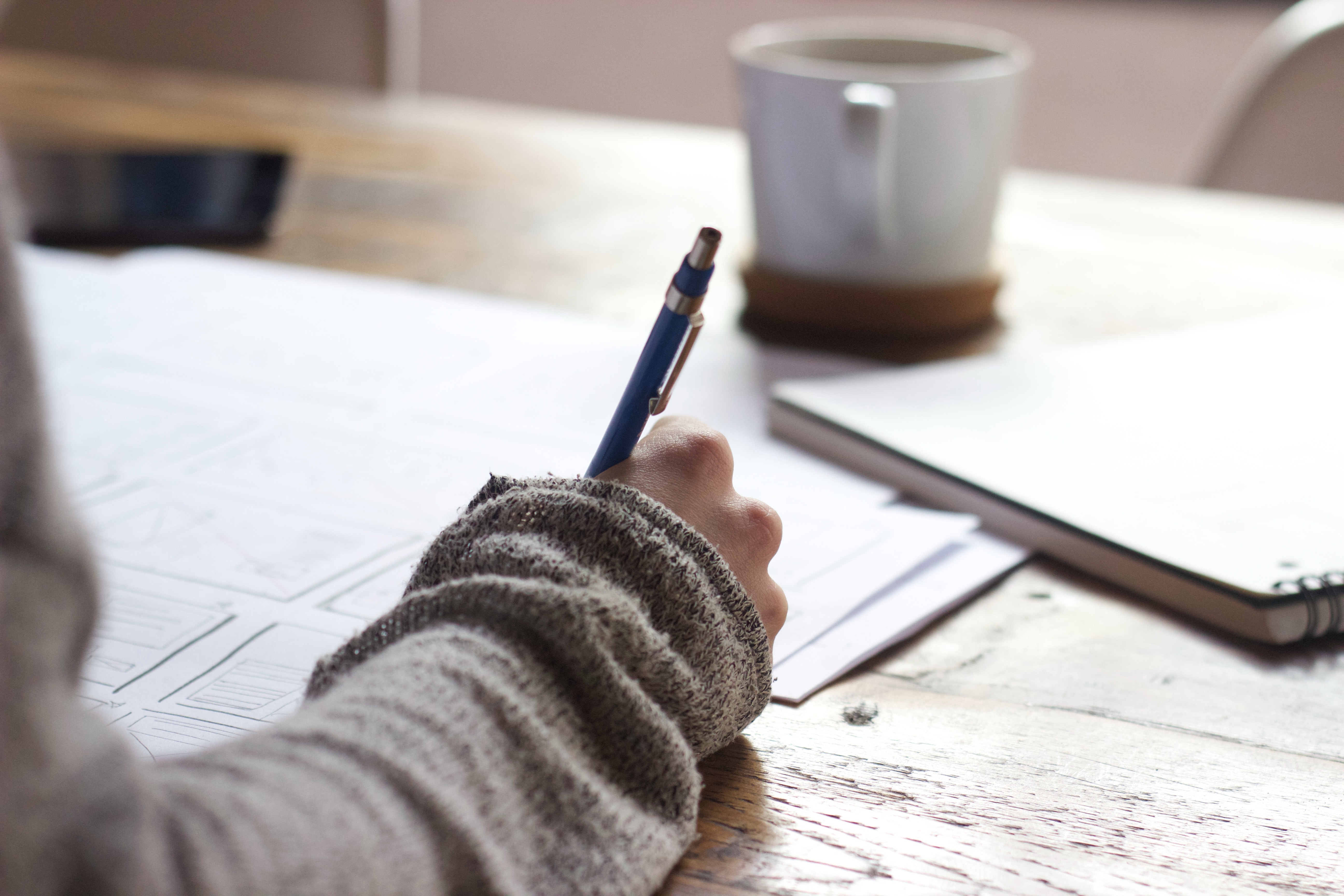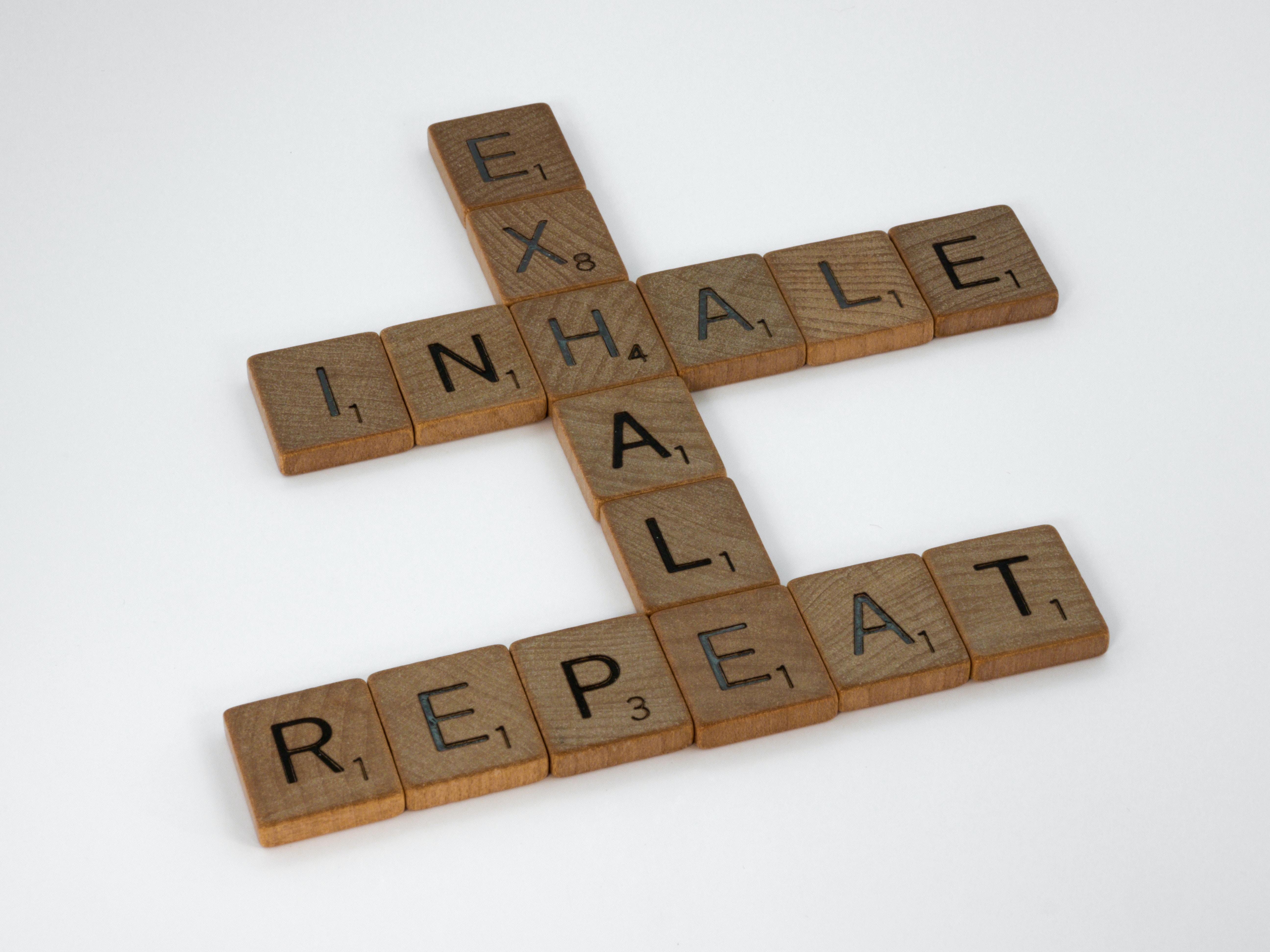Congratulations on submitting your thesis! What an amazing achievement! As you gear up for your viva, it’s natural to experience a mix of excitement and nervousness. In this blog post, I will provide you with practical tools and top tips to help viva preparation with anxiety. The top tips will help you to manage your anxiety throughout the process.
A note on anxiety:
It’s important to note that anxiety can manifest in various ways, ranging from clinical anxiety and/or panic attacks to the normal nervousness, worry, and anxiety that most individuals experience during this stage. Whether you’re dealing with an anxiety disorder or simply feeling the weight of the upcoming viva, the tips shared here can be valuable tools to help manage and alleviate those feelings, ensuring a smoother journey toward success.
Thesis submitted – uh oh…
After submitting my thesis, the viva was the next thing looming over me and increasing my anxiety levels. While searching online, I stumbled upon countless articles offering tips to prepare for the viva – all of which were undoubtedly helpful, yet they seemed to exacerbate my anxiety and leave me feeling overwhelmed. That’s when it struck me: to successfully navigate this journey, it wasn’t just about preparing for the viva and thesis defence itself, but rather about managing my anxiety to ensure I could endure the entire experience. So, here are some insights I gained and top tips I discovered for effectively handling viva preparation with anxiety.

1. Celebrate and Detach
After submitting your thesis, take a well-deserved break. Engage in activities that bring you joy and allow your mind to recharge. Stepping away from your thesis for a few weeks can work wonders in ensuring you approach your viva with renewed enthusiasm and mental clarity.
My anxiety levels were through the roof, and the daunting task of preparation left me feeling completely overwhelmed and lost. The simple suggestion from everyone I asked about how to navigate the viva preparations was to take a break. Therefore it is only fitting that I pass on this number one tip here. Pausing with this permission allowed me to catch my breath and gain clarity on the approach I needed to take in my preparations.
2. Read (and Re-read) Your Thesis
Give yourself permission to simply read through your thesis without the pressure of hunting for mistakes at this point. I put off reading through my thesis for many weeks, so not having the pressure to do anything at this point but read, was really helpful. Also, remember, a few typos are okay and inevitable!
Once you’ve taken some time away, revisiting the incredible piece of work you’ve poured your heart into for so long can work wonders. It will refresh your memory, and hopefully reignite your confidence in your ability to create such a remarkable and substantial body of work! The more familiar you are with your thesis, the more confident and prepared you’ll feel during the viva.
3. Review and Reflect
Perhaps this will come naturally as you start to read your thesis without any pressure. But if not, that is ok too. As it becomes more familiar and comfortable, revisit your thesis, focusing on areas where questions might arise. Make notes and jot down any potential questions and justifications for your decisions. You wrote it and made several decisions and choices along the way. Thinking about potential questions and being confident and proud of your approach will help if and when you discuss these areas during the viva. Doing something practical will also help manage some of the anxiety with viva preparation.
4. Simulate a Mock Viva
Invite friends or colleagues who have read your thesis (or a chapter or two) for a mock viva session. Their questions may or may not mirror the ones you get in your viva, but it can help you to practice answering questions and make it feel more manageable.
I didn’t really want to do a mock viva, because my anxiety around the viva was just too much and I wanted to avoid thinking about it. However, friends, colleagues and supervisors suggested it would be a good idea to have a practice and get a feel for what the viva would actually be like. I was incredibly nervous, but it did prove to be helpful to verbalise my work and practice answering questions. The ‘panel’ (a combination of friends and supervisors) were also really supportive and had excellent questions.
5. Utilize Viva Preparation Resources
With an abundance of resources and websites available, it is easy to feel overwhelmed. In my search, I came across the “Tiny Book of Viva Prep” by Dr Nathan Ryder, which was short, and succinct and didn’t invoke the same overwhelm and panic I felt from other sources. It offers a structured approach with potential questions you can practice answering. Plus, it fit neatly onto one page and folded really nicely into a little book which I love!
Additionally, I made great use of the VivaCards, generously available for loan from the Doctoral College at Coventry University. These cards give a range of general questions that could arise in a viva. Although not specific to my thesis or topic, they were helpful to practice articulating answers about my work.
As you navigate the realm of available resources, just use whatever resonates with you and your routine. Anything you use will help establish a strong foundation for tackling your viva with confidence.
6. Involve Supportive People
Lean on your support network. Share the VivaCards and Tiny Book with a partner, friend, or family member, and engage in daily practice sessions. Letting someone else ask you questions can help the anxiety during viva preparation and provide valuable practice.
The thought of a mock viva was enough to set my breathing and heart rate into overdrive, not to mention the prospect of the actual viva itself. The notion of enduring one to two, or even three, hours of continuous questioning felt almost unbearable. So I decided to break it down into more manageable chunks.
I gave the VivaCards and “Tiny Book of Viva Prep” to my husband and asked him to randomly ask me a question or two. This approach might sound awful to you, but for me, it worked. I didn’t have time to panic and stress – it was just one or two questions to bear at a time and then it was over. I learnt that the uncomfortableness doesn’t last forever and when the stress, anxiety and panic were starting, I was in control and could ask him to stop or pause for a moment to get my breath back. Don’t forget you can ask to take a break in the actual viva too!
7. Talk to people about your research
Don’t limit discussions about your thesis to personal preparation and your supervisory team. Participating in conferences or events gives you opportunities to converse with fellow academics. Diverse viewpoints and experience-sharing will hone your articulation skills.
A few weeks before my viva, I had the privilege of attending a conference where I presented two posters. This was an excellent opportunity to engage with others, discuss my research, and again practice answering questions about my work. While the questions weren’t precisely the same as those that might arise during the viva, the experience definitely increased my confidence. The genuine interest people showed in my research was a positive reminder of its significance and gave me a renewed sense of assurance.
8. Positive Self-Talk
Amidst all the anxiety, remind yourself of your accomplishments and how far you have come. You’re an expert in your field and have put in immense effort. Positive self-talk can only help and hopefully keep some anxiety at bay. It is easy to slip into thoughts like “It’s not good enough”, “There are so many typos”, and “I could have done better”. This isn’t going to help you get through this final phase. Have confidence in what you have done, and be proud of your achievements and for getting to this point!
9. Stay Mindful of Anxiety
Acknowledge that anxiety is here. It is probably there for a reason and also shows how much this means to you. But, don’t let it take over your viva experience. Mindfulness techniques like deep breathing can help manage viva preparation with anxiety and during the viva itself.
Throughout both the preparation and the viva day, I relied heavily on the Breathe app on my Apple Watch. This app has been an invaluable resource for me during times of intense anxiety and panic generally. On the actual viva day, particularly in the morning, managing the wait was challenging. Thankfully, the Breathe app helped to keep me grounded and breathing.
Although I did my best to manage my anxiety, it was still incredibly high on the day. Unfortunately, my memory of the viva itself is fragmented. Thankfully my supervisor was there to take notes of the questions and answers to help with making the corrections. While the viva went really smoothly and I answered the questions well, I really don’t remember much of it.
In a bid to alleviate pre-viva jitters, my supervisor’s kind gesture of taking me out for brunch was extremely helpful. The distraction was much appreciated and really contributed to easing any worries I had. (A huge thank you to Cain for that!).

10. Remember, you have got this!
You wrote the thesis, you did the work, and you put in a lot of time and effort. You are the expert here! Trust yourself that you’re equipped to answer any questions that arise and just be yourself. Your PhD journey and the knowledge you have gained along the way have prepared you for this moment. You’ve got this!
I hope that as you navigate viva preparation with anxiety, these tools and top tips will help. Embrace the process, seek reassurance and help from your support system, and have faith in yourself and your abilities. You are prepared, and you can do this! Best of luck on your journey to success!
Thank you for reading!
Please let me know how you get on and what you found useful by commenting below. Also, sign up to follow my blog and receive email updates. Feel free to get in touch if you have any questions too!
